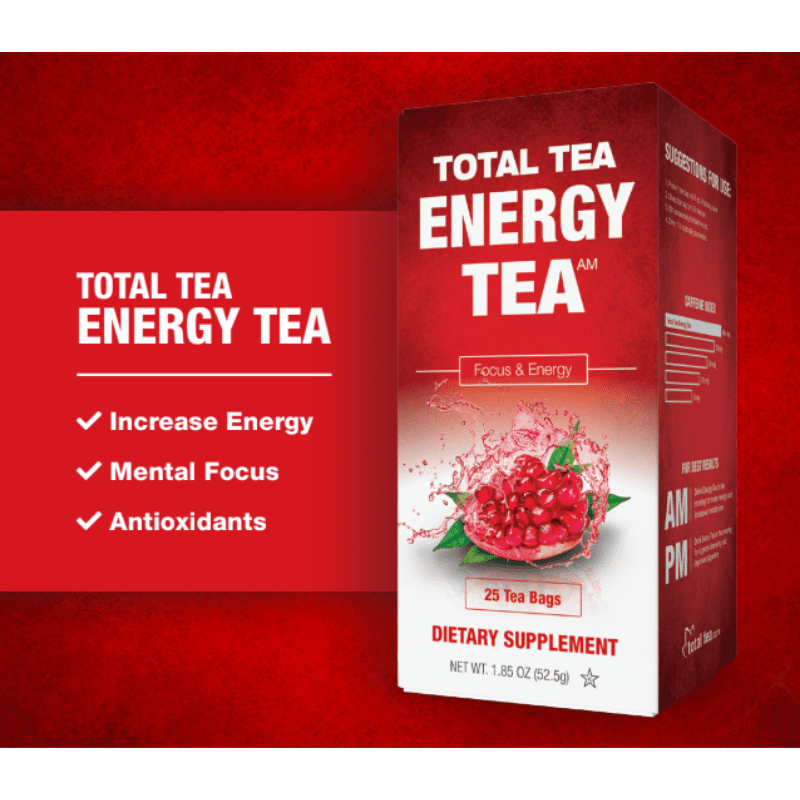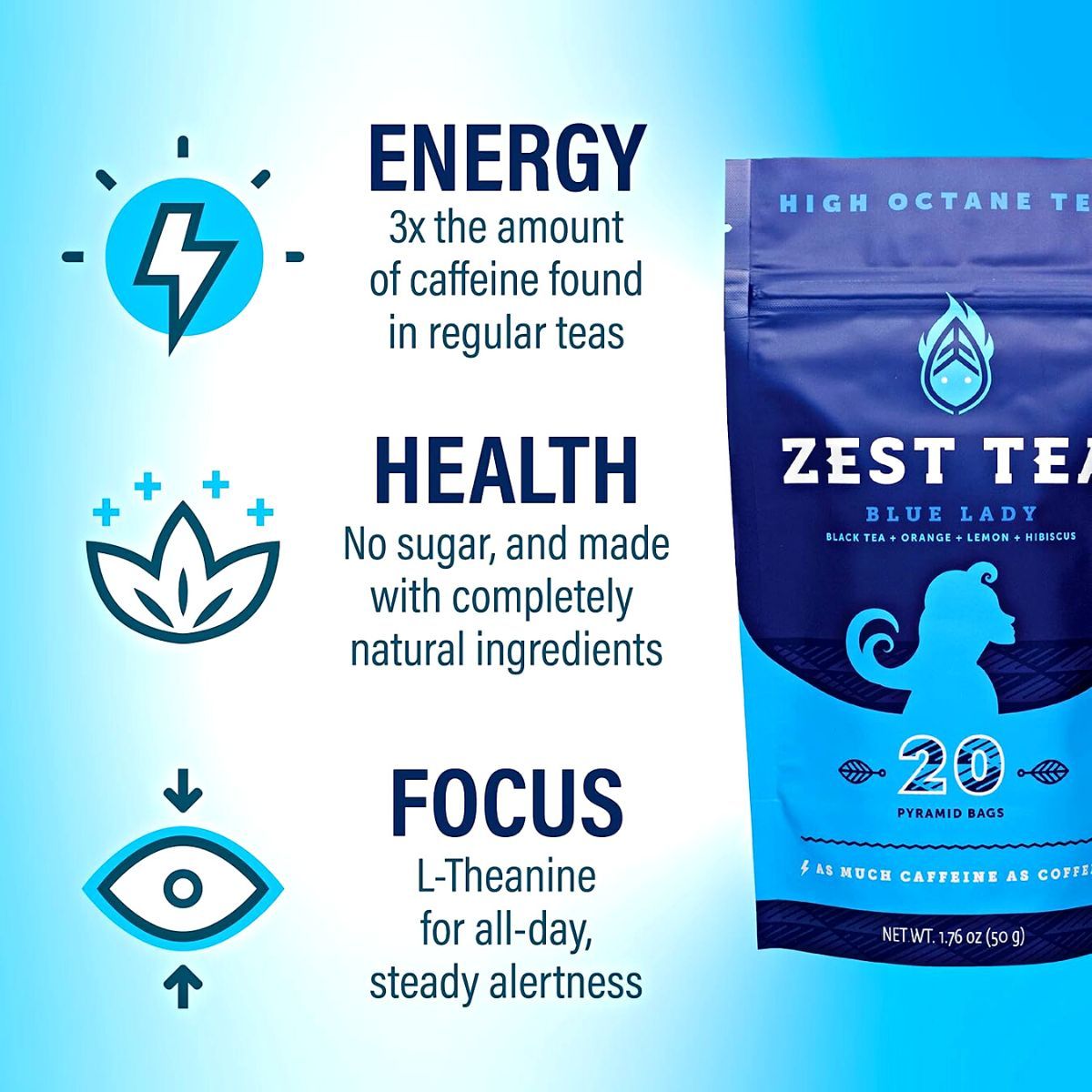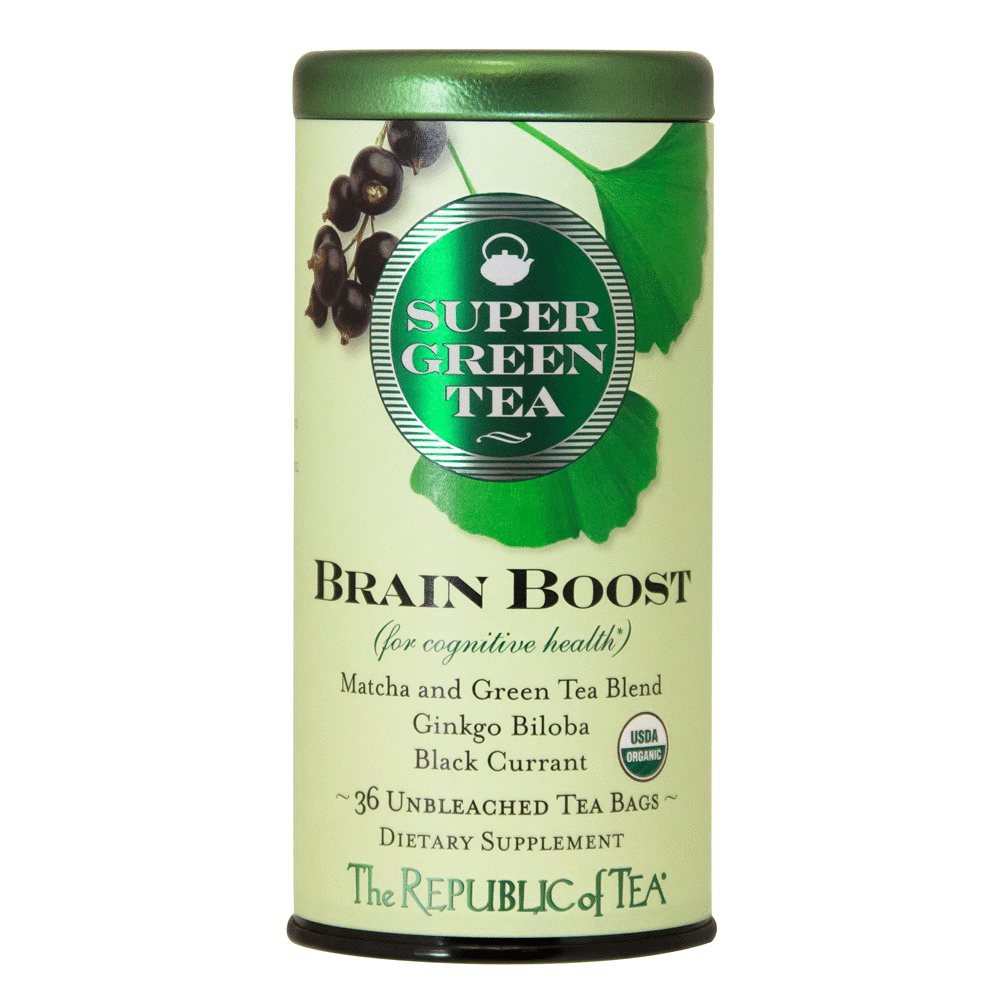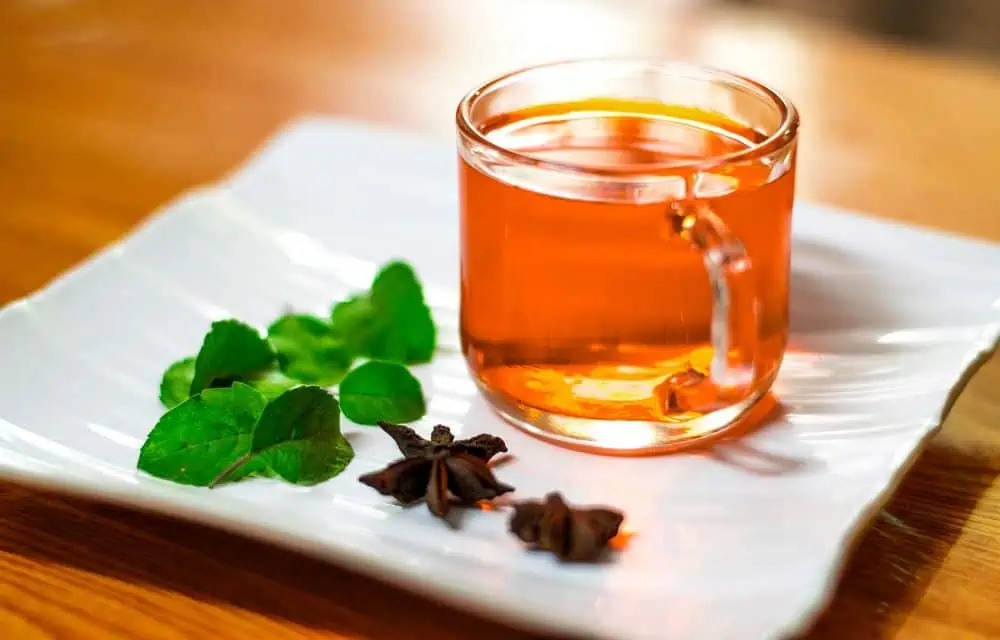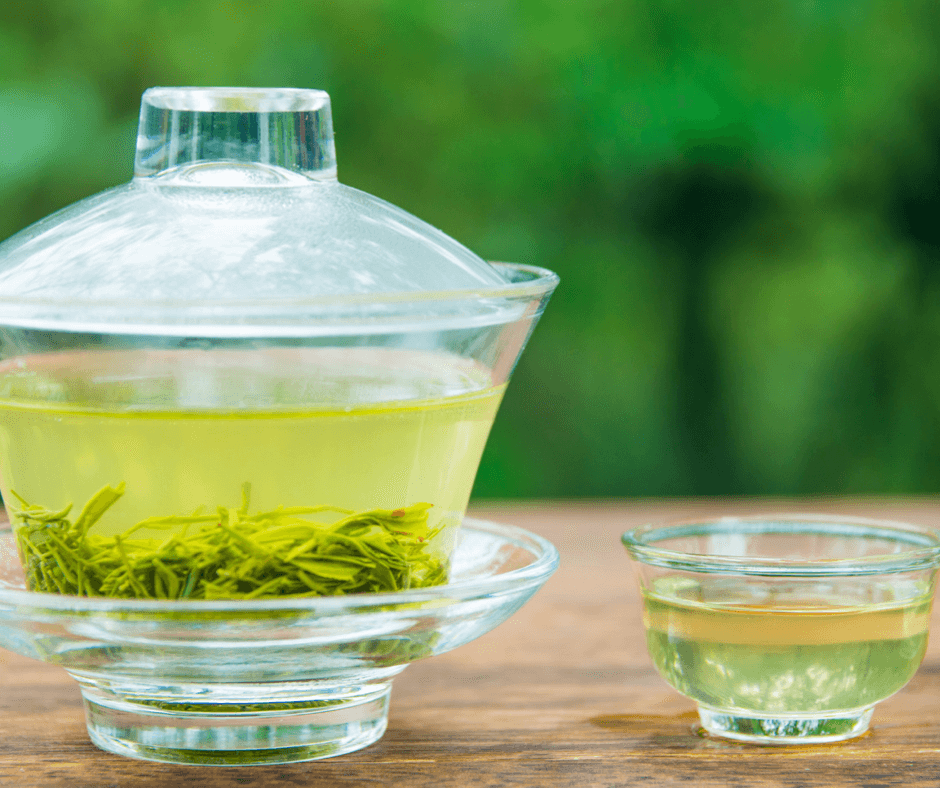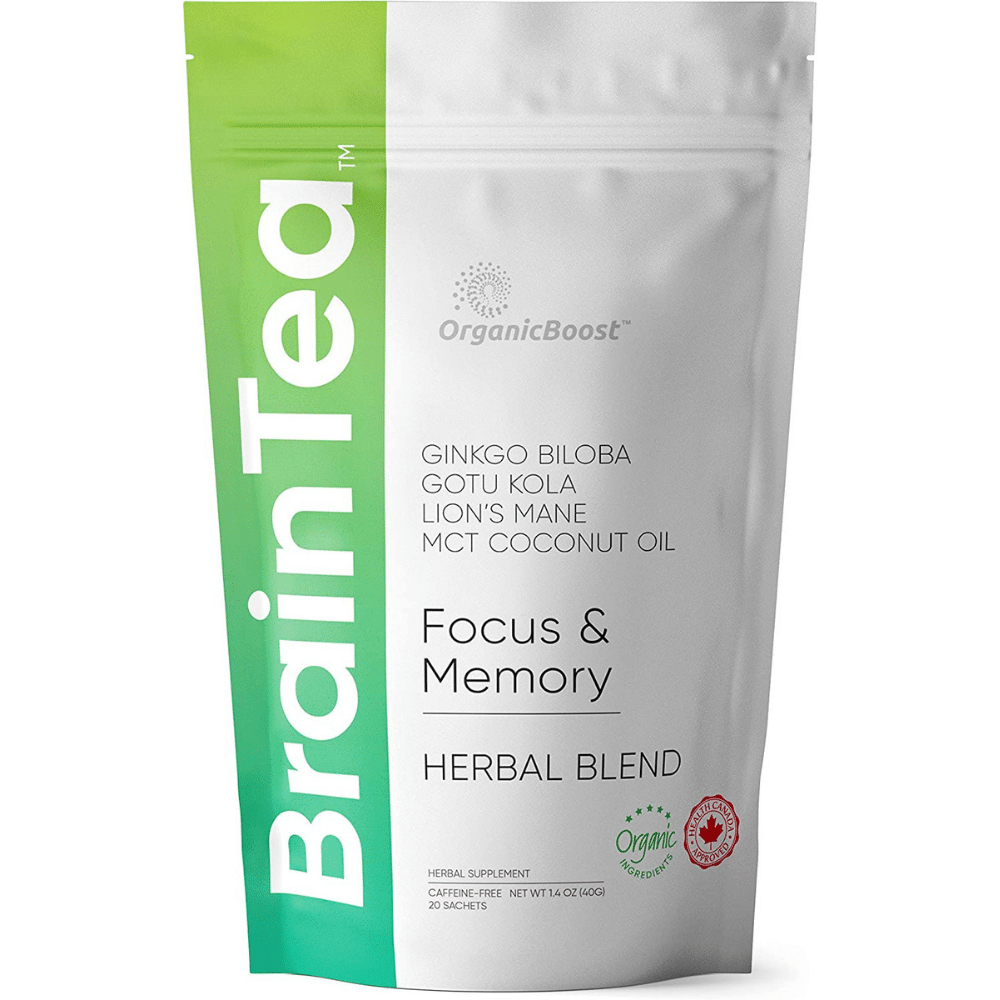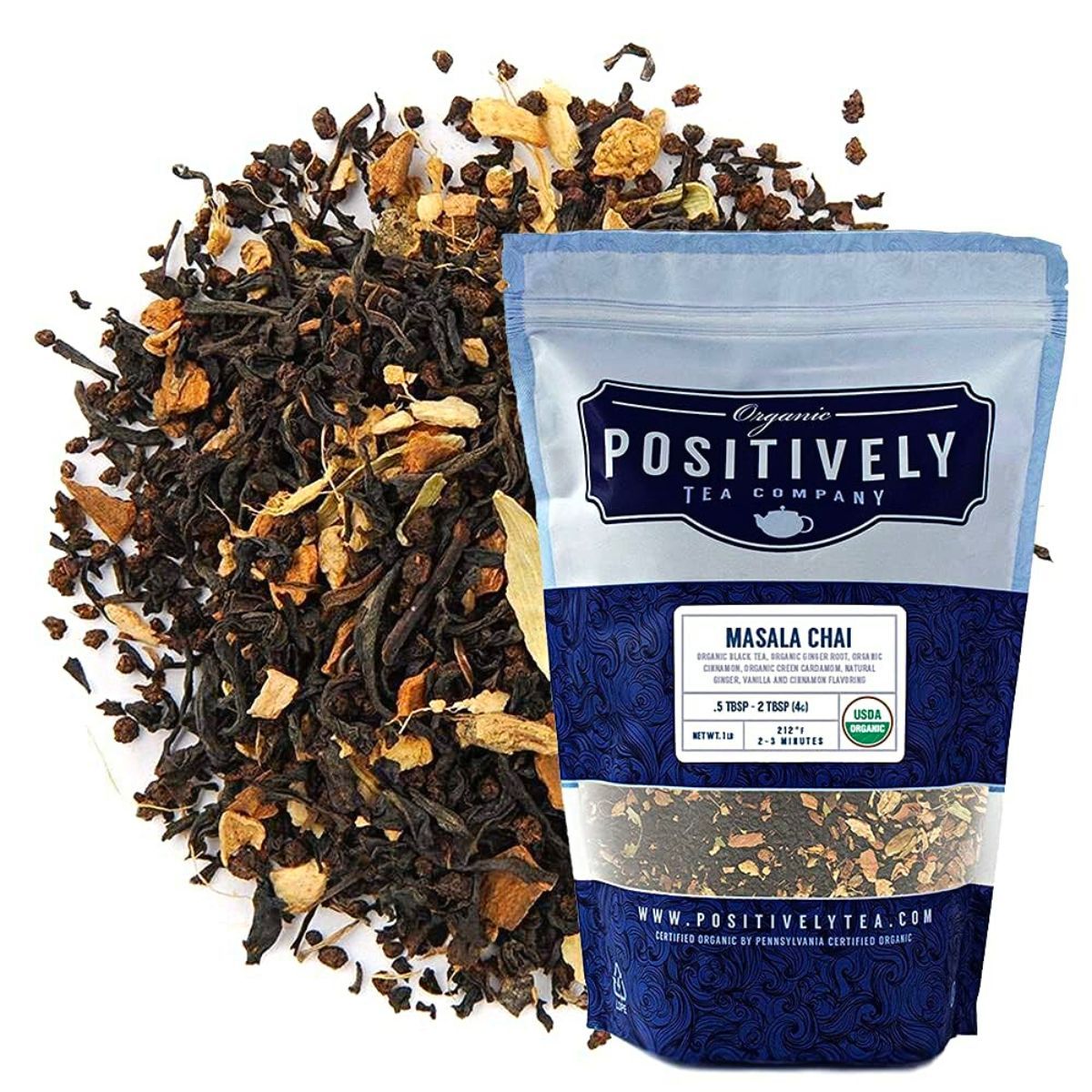Best Tea For Focus And Energy
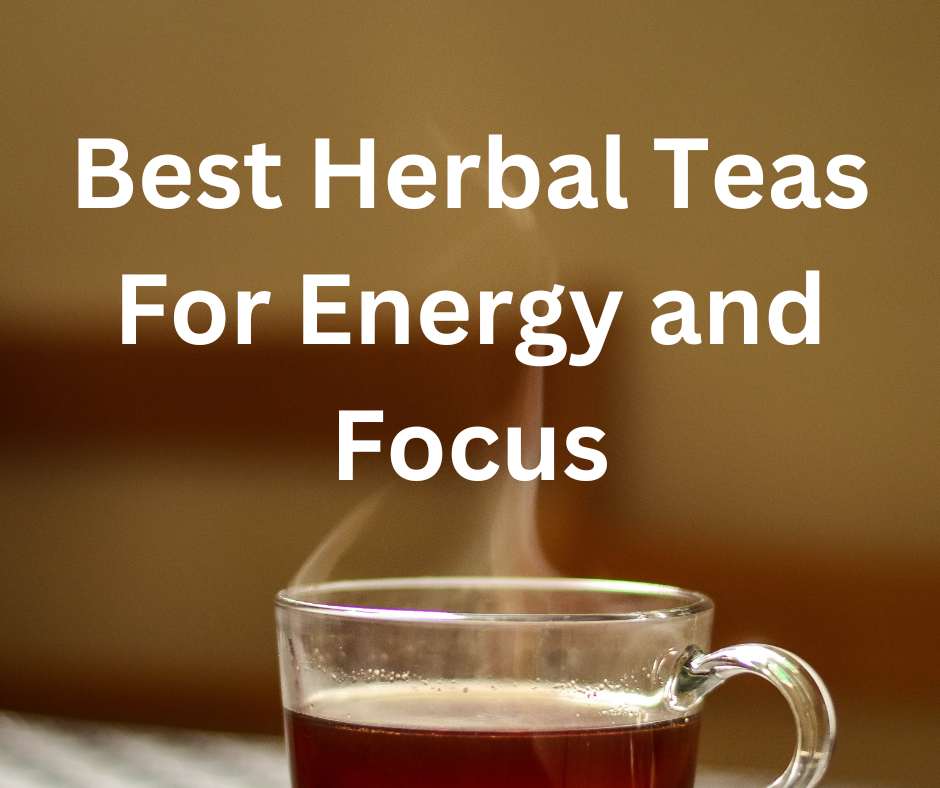
In today's fast-paced world, the quest for sustained focus and energy is a common pursuit. While coffee often takes center stage, a growing number of individuals are turning to tea as a gentler, yet effective, alternative. This ancient beverage, steeped in tradition, offers a variety of options, each with its own unique profile of benefits.
The focus isn't simply on eliminating fatigue; it's about promoting sustained concentration and cognitive function. Finding the right type of tea for this purpose requires understanding the nuances of different tea varieties and their impact on the body. This article will explore some of the best tea options for enhancing focus and energy, backed by scientific insights and expert opinions.
Understanding the Tea Landscape
All true teas – black, green, white, and oolong – originate from the Camellia sinensis plant. The differences in flavor and effect arise from varying processing methods, especially oxidation.
These processing methods influence the levels of caffeine and L-theanine, two key compounds responsible for tea's cognitive benefits. Caffeine provides a stimulating effect, while L-theanine promotes relaxation without drowsiness, creating a state of focused alertness.
Green Tea: A Balanced Boost
Green tea is often lauded for its health benefits, including its ability to enhance focus and energy. It undergoes minimal oxidation, retaining high levels of antioxidants and L-theanine.
L-theanine, in particular, works synergistically with caffeine to improve attention and reduce mental fatigue. A study published in the Journal of Nutritional Biochemistry found that the combination of L-theanine and caffeine significantly improved cognitive performance and alertness in participants.
Matcha, a powdered form of green tea, is considered even more potent. Because you consume the entire leaf, you receive a higher concentration of nutrients, including caffeine and L-theanine, leading to a more pronounced effect on focus.
Black Tea: A Stronger Stimulant
Black tea undergoes full oxidation, resulting in a bolder flavor and higher caffeine content compared to green tea. While it contains less L-theanine, the caffeine kick can be beneficial for those needing a more immediate energy boost.
English Breakfast and Assam are popular choices for those seeking a strong and invigorating start to the day. However, individuals sensitive to caffeine should exercise caution, as black tea can sometimes lead to jitters or anxiety.
Research suggests that the caffeine in black tea can improve reaction time and alertness. However, it's crucial to consume it in moderation to avoid potential side effects like insomnia.
Oolong Tea: A Versatile Option
Oolong tea falls between green and black tea in terms of oxidation. This allows for a wide range of flavors and caffeine levels, depending on the specific variety.
Some oolong teas offer a similar balance of caffeine and L-theanine as green tea, making them a good option for sustained focus without the jitters. Others, like Da Hong Pao, have a higher caffeine content and a more robust flavor.
The versatility of oolong tea makes it suitable for different preferences and needs. Experimenting with different varieties can help individuals find the perfect oolong tea for their desired level of focus and energy.
White Tea: A Subtle Choice
White tea is the least processed of all true teas. It is harvested from young buds and leaves, resulting in a delicate flavor and lower caffeine content.
While white tea may not provide the same immediate energy boost as black tea, it offers a gentle and sustained sense of focus. It contains both caffeine and L-theanine, though in smaller amounts, making it a good option for those sensitive to stimulants.
Silver Needle and White Peony are popular varieties known for their subtle sweetness and calming properties. White tea can be a good choice for promoting mindfulness and concentration without the risk of overstimulation.
Herbal Teas: A Caffeine-Free Alternative
For those looking to avoid caffeine altogether, herbal teas offer a range of options for enhancing focus and energy through different mechanisms. These are technically not "teas" as they don't come from the Camellia sinensis plant.
Ginseng tea is known for its adaptogenic properties, helping the body cope with stress and improve cognitive function. Peppermint tea can enhance alertness and memory, while rosemary tea has been shown to improve concentration.
Ginkgo biloba tea is another popular choice for promoting cognitive health, improving blood flow to the brain, and enhancing memory. However, it's important to note that the effects of herbal teas can vary depending on the individual and the specific blend.
The Importance of Moderation and Individual Response
Regardless of the type of tea chosen, moderation is key. Excessive caffeine intake can lead to anxiety, insomnia, and other adverse effects. Listen to your body and adjust your tea consumption accordingly.
Individual responses to different teas can also vary widely. What works well for one person may not be effective for another. Experimenting with different varieties and observing their effects can help individuals find the best tea for their unique needs.
Consult with a healthcare professional before making significant changes to your caffeine intake, especially if you have underlying health conditions. They can provide personalized advice based on your individual health profile.
Conclusion: Tea as a Tool for Enhanced Focus
Tea offers a diverse and nuanced approach to enhancing focus and energy. From the stimulating properties of black tea to the calming effects of white tea and the adaptogenic benefits of herbal infusions, there's a tea for almost everyone.
By understanding the different varieties and their unique properties, individuals can leverage tea as a tool to improve cognitive function and sustain energy levels throughout the day. The key is to choose the right tea, consume it in moderation, and listen to your body's response.
As the demand for natural and sustainable ways to enhance focus and energy continues to grow, tea is poised to become an increasingly popular and valuable alternative to traditional stimulants. Embrace the ancient wisdom of tea and discover its potential to unlock your cognitive potential.

